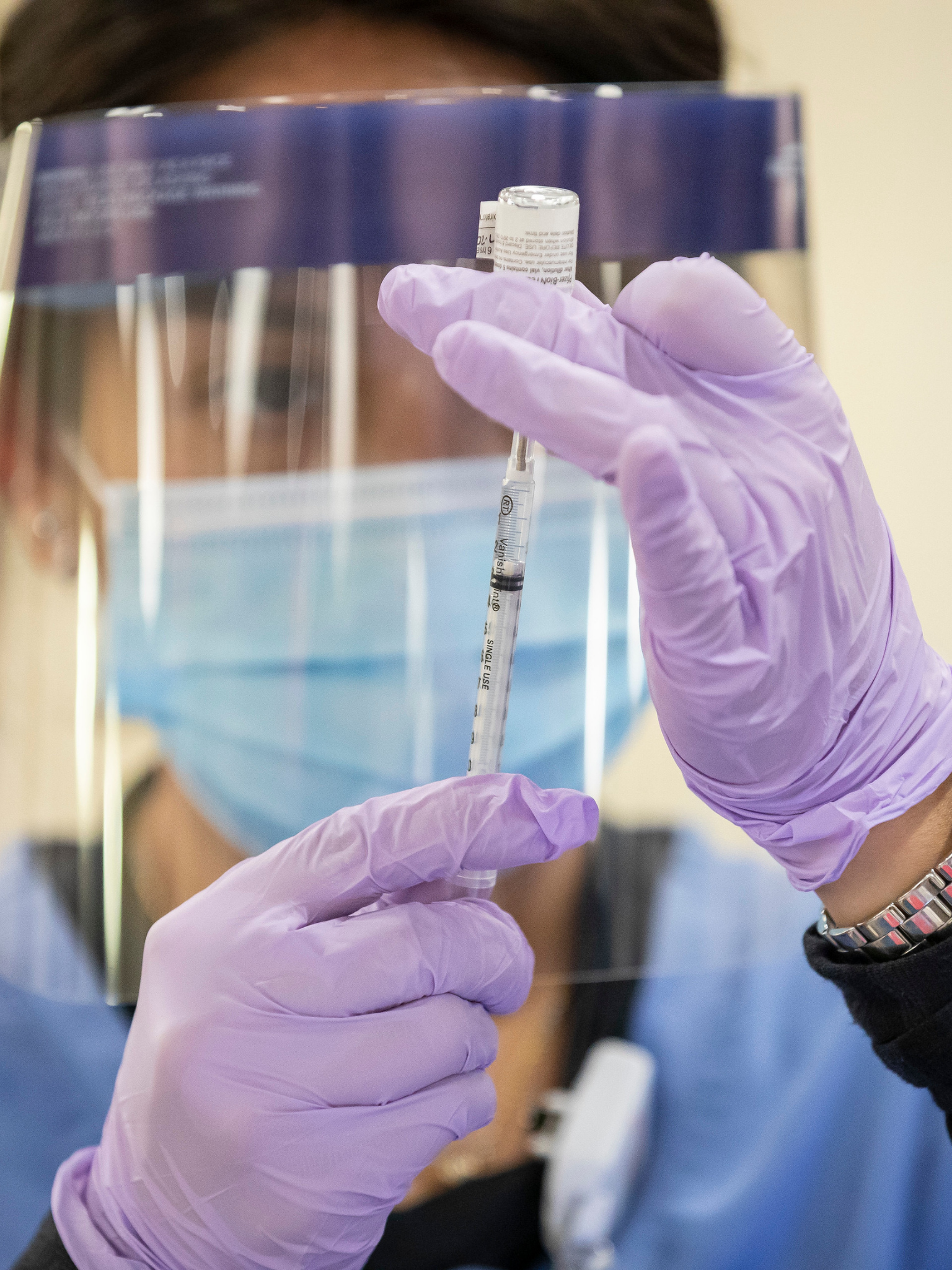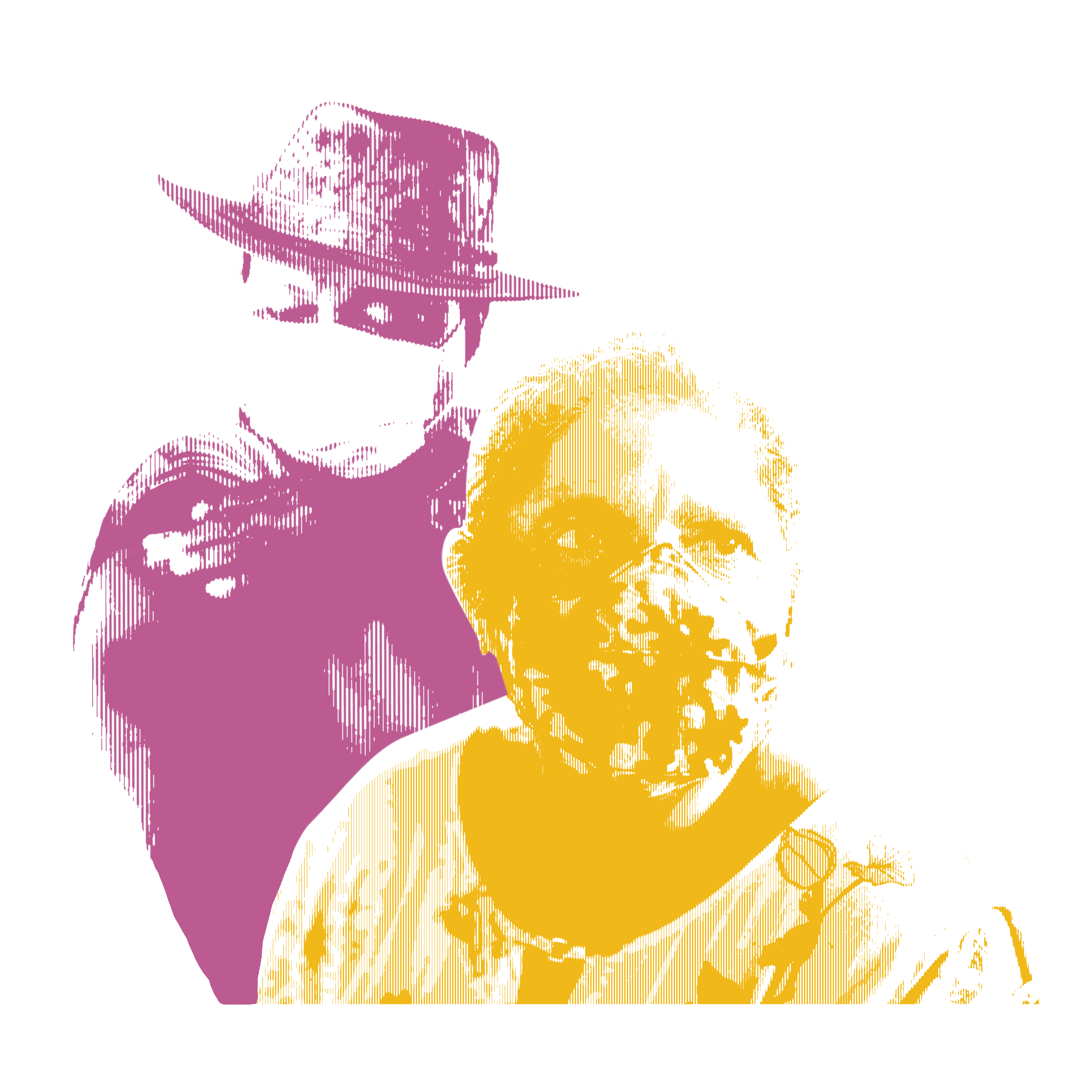On Tuesday, January 24, the Pulitzer Center spoke with grantees Amy Maxmen and Ridwan Karim Dini-Osman and Georgetown professor Matthew Kavanagh about COVID-19 vaccine inequities. The webinar discussion covered their reporting and research on vaccine production, access, and hesitancy around the world.
Historic global health inequities have led to limited access in the Global South and slow vaccination uptake in local communities.
“The rich countries, or especially countries where the pharmaceutical companies are based, those countries got first dibs. And the inequalities just rapidly grew,” said Maxmen, an award-winning science journalist based in the U.S.
“We have seen that the inequity continues unabated. And you don’t see the commitment to actually fix it,” said Dini-Osman, an award-winning development journalist and news anchor based in Ghana. “One thing that countries in the Global North forget is that you cannot say that we have ended COVID-19 in the U.S. COVID-19 must be eradicated everywhere. And so if the resources are not going to developing countries, then definitely we are not going to get out of the woods anytime soon.”
“One of the biggest lessons out of the COVID-19 experience is how much the wealthiest countries in the Global North have to learn from the Global South,” said Kavanagh, director of the Global Health Policy and Politics Initiative at the O'Neill Institute for National and Global Health Law, assistant professor of global health, and a visiting professor of law at Georgetown University in Washington, D.C. “We see community organizations, especially in Africa [and] in Latin America, that have really shown the way.”
The conversation covered how vaccine hesitancies are rooted in distrust. “I think that even before developed countries started hoarding vaccines, countries in Africa were already facing troubled histories. When I say troubled histories, we are talking about historical traumas,” Dini-Osman said. “And so right from the colonial period, that distrust has been there. But right at the peak of the moment … [when] people were becoming critically ill, a lot of people were actually running to get vaccinated. But around that time the vaccines were not available.”
Panelists also shared potential solutions found in their reporting and research to mitigate health disparities and combat health misinformation. Maxmen spoke about ongoing mRNA research in South Africa and the power of engaging local community liaisons; Dini-Osman mentioned two-way communication campaign strategies to challenge people’s mindsets about vaccines; and Kavanagh argued for pharmaceutical companies to share technologies and knowledge—and for powerful governments to push them to do so.
“The last thing we needed was fewer vaccines, less innovation. And that’s the incentive the company has to maintain their monopoly. But it’s really bad public policy, and that’s where we need to see a different approach to policy making than we are right now,” Kavanagh said.
Speaking on what makes effective science communication, Maxmen said, “What’s the point of science? The point is progress, and we won’t have that unless people have access. I think in the science journalism community, there needs to be more focus on how to distribute the goods of science.”
The discussion was moderated by Mikaela Schmitt, program coordinator for the Campus Consortium and Outreach team at the Pulitzer Center. After the moderated Q&A, the panelists answered questions from the audience.
Read Maxmen’s latest Pulitzer Center-supported project here and Dini-Osman’s latest here.










